Brain tumours are among the deadliest forms of cancer, with glioblastoma, low-grade gliomas, and brain metastases claiming thousands of lives each year.
Despite advances in surgery, chemotherapy, radiotherapy, and immunotherapy, survival rates remain low, and patients often face devastating neurological and cognitive impairments. Researchers are working to understand how brain tumours grow, communicate with healthy brain tissue, and resist current therapies—but there is still so much we don’t know.
With your support, we can fund these life-changing research projects, helping scientists develop innovative treatments, improve patient outcomes, and bring hope to those living with brain tumours.

Funded Research across 2025/2026
Funding: $300,000
Project Lead: Prof Cedric Bardy (Scientific Lead) – SAHMRI / Flinders University, SA
Duration: 3 years
Description: This project will test a repurposed antipsychotic drug, trifluoperazine (TFP), in patients with recurrent glioblastoma (GBM), an aggressive brain cancer. TFP will be administered orally or directly into the cerebrospinal fluid via an Ommaya reservoir. Tumour, blood, and CSF samples will be collected to study pharmacokinetics, drug distribution, and anticancer activity, with the aim of improving treatment strategies and potentially extending survival for patients with limited options.
Research:
Primary aim: Evaluate the pharmacokinetics, safety, and preliminary efficacy of TFP in adult patients with recurrent IDH-wildtype GBM, comparing oral versus intraventricular delivery.
Secondary aims:
• Measure CSF and plasma TFP concentrations across delivery modes.
• Assess spatial drug distribution in tumour and surrounding tissue, and tumour cell stress signatures post-treatment.
• Evaluate in vitro drug sensitivity on matched tumour biopsies and patient-derived tumoroids/organoids.
• Explore inter- and intra-patient variability and tumour biomarker profiles (e.g., NUPR1, dopamine receptors, MDRs).
This trial has the potential to transform GBM treatment by repurposing a clinically approved compound, providing a pathway to late-phase trials for GBM subtypes that currently lack effective therapy.
Position: Research Assistant
Supervisor: Professor Stuart Pitson
Description: This position will support the advancement of new experimental brain tumour therapies toward clinical trials.
Research: The appointed research assistant will contribute expertise in characterising immune cell composition of tissues, boosting efforts in immune profiling of brain tumour mouse models and development of new immunotherapies. This highly collaborative role will engage with projects across the Laboratories of Brown, Ebert, Gomez, Robinson, Schwarz, Duijf, and Hansford, aiming to advance these studies to the stage where collaborative federal funding (NHMRC or MRFF) can be sought to further develop novel immunotherapies.
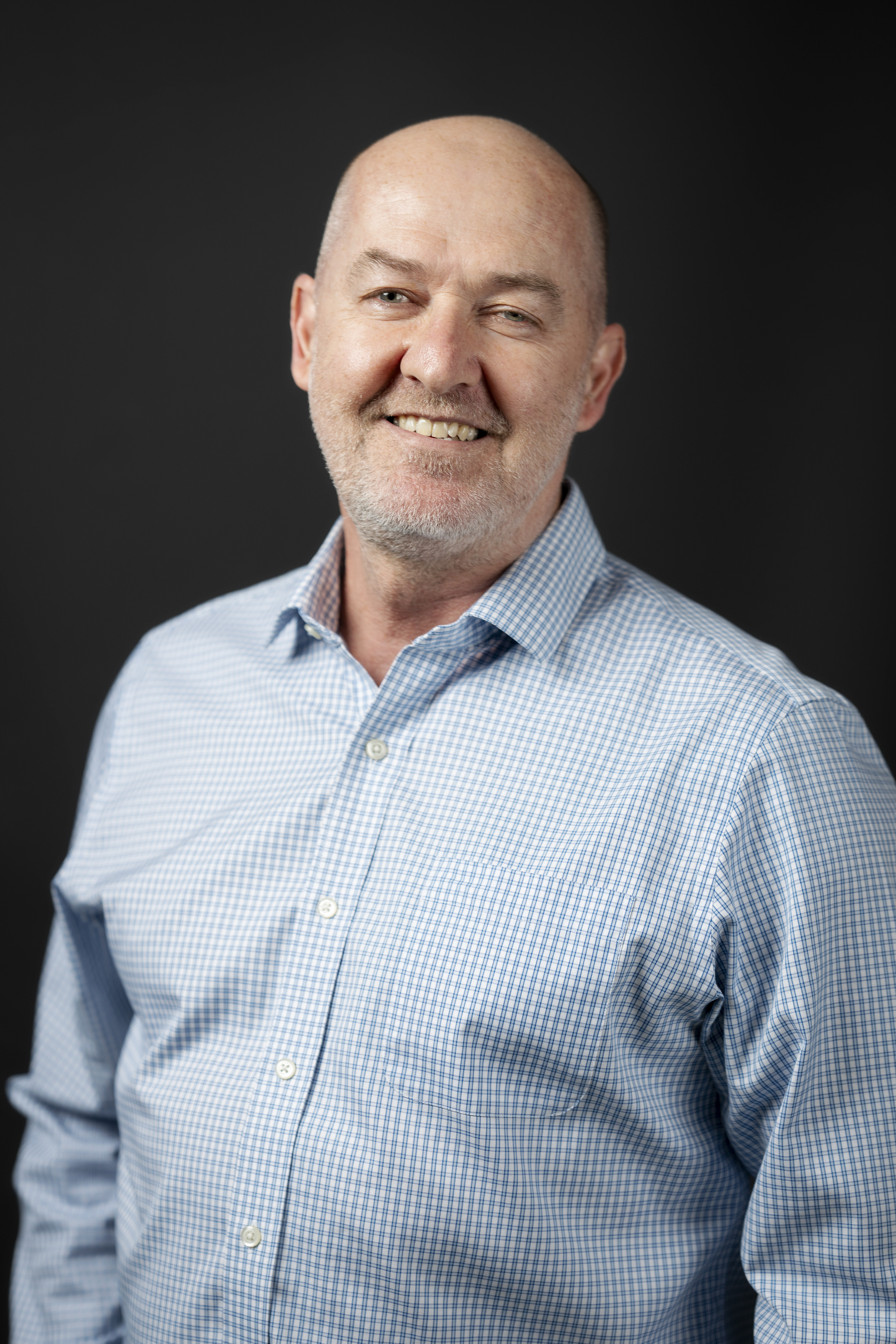
Funding: $50,000 A/Prof Guillermo A. Gomez
Equipment: The LumiPoreTM platform
Description: The LumiPoreTM platform exploits the interaction between light and photothermal nanosensitizers to generate laser-controlled mechanical forces to open the cell membrane for the delivery of RNA, DNA, RNP, proteins, and dyes into a broad range of patient-derived tumour, stem, and immune cells.
Research: Currently, there is no photoporation device in Australia. If successful, this application will allow SA and Australian researchers to accelerate the preclinical evaluation of new gene targets, validate the drug-on-target effect, and add labels to monitor tumour cell activity in real-time for a variety of gene targets that would be difficult to hit using conventional approaches such as transfection or lentivirus transduction.
Moreover, this new capability will increase research productivity by linking South Australia's world-class research infrastructure in genomics, single-cell and spatial multi-omics, proteomics, and imaging, thus accelerating preclinical research in drug discovery, new therapeutics, and cell-based immunotherapies for adult and paediatric brain cancers.

Funding: $50,000 Dr Tessa Gargett
Equipment: Grex Closed-System flask and GatheRex Cell Harvest Pump
Description: The new GatheRex equipment will give us the capability to extend our current trials and plan future trials by making our cell therapy manufacturing safer and more streamlined. A closed-system is preferred by the TGA and will enable us to gain a Good Manufacturing Licence, which we do not currently hold, and which is a pre-requisite for phase 2 clinical trials. We have 2 new clinical trials planned for 2026, which will investigate newer generation CAR-T therapies optimised for survival in patients with GBM and DMG. This equipment will therefore support those trials and also enable us to consider extension of trials to phase 2 and testing with more patients.

Funding: $20,000 A/Prof Quenten Schwartz
Equipment: EVOS M3000 Imaging System
Description: The EVOS M3000 is a fully integrated microscope for visualising fluorescence and transmitted light, designed for use inside cell culture hoods.
Research: Efficient culture of human stem cells and other primary cell lines requires manually scraping and collecting discrete colonies under magnification within a sterile biosafety hood. Currently, no available microscopes adequately support this process.
The EVOS M3000 is ideal because:
It fits in a biosafety cabinet, is robust, and easily cleaned and sterilised;
Offers multiple light sources, including fluorescence and brightfield;
Provides objectives from 5X to 40X;
Projects images onto a front screen for real-time selection;
Has a large working distance, allowing pipette access to small dishes.
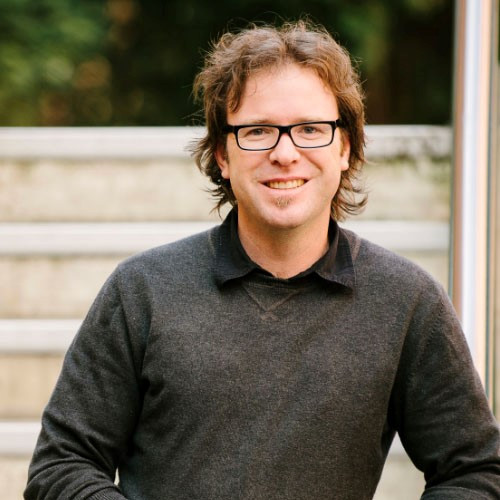
Funding: $250,000 Dr Adam Wells
Description: Recurrent adult glioblastoma is incurable with no life-prolonging systemic treatments available. To improve patient outcomes, CAR-T cell therapy is being tested with seven KARPOS trial patients recruited to date. CAR-T cells expand in patients’ blood, but anti-tumour effects are short-lived. Blood tests suggest CAR-T-induced injury of brain tumour cells leads to an accumulation of bone marrow-derived white cells called macrophages that counter CAR-T activity.
Research: This project will test how three commonly used compounds combat macrophages and enhance CAR-T function in future KARPOS trial patients.
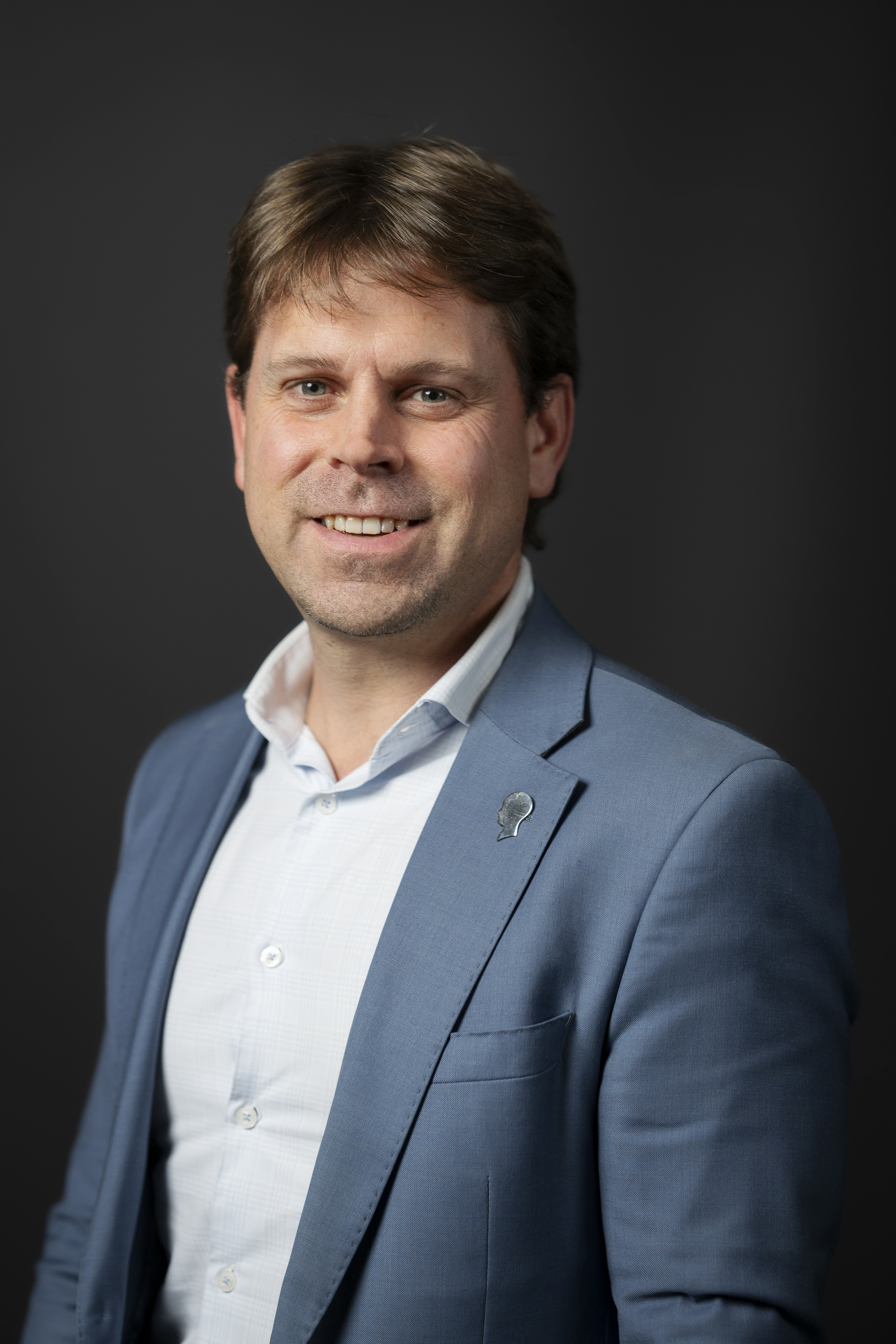
Funding: $50,000 Dr Helen Palethorpe Glioblastoma Research
Description: High levels of heterogeneity make glioblastoma tumours highly lethal. Heterogeneity results from tumour cells' continuous adaptation (plasticity) to changes in their cellular and non-cellular tumour microenvironment. It remains unknown how this plasticity contributes to tumour evolution week-by-week as patients undergo therapy. For the first time, patient-derived explant organoids (GBOs) will be used to monitor tumour changes outside the body in response to therapy. If successful, this tool can guide adaptable and personalised interventions for glioblastoma patients.
Research:
Aim 1: Administer GD2-CAR-T cells by intracerebroventricular (ICV) injection.
Aim 2: Concurrent oral administration of tricyclic antidepressant (TCA), imipramine, with IV BEV.
Aim 3: Beta-hydroxybutyrate (BHB) supplementation.
Outcomes: Modify the KARPOS clinical trial protocol to include ICV CAR-T administration for six patients, counter macrophages with oral imipramine, and optionally enhance CAR-T function with BHB.
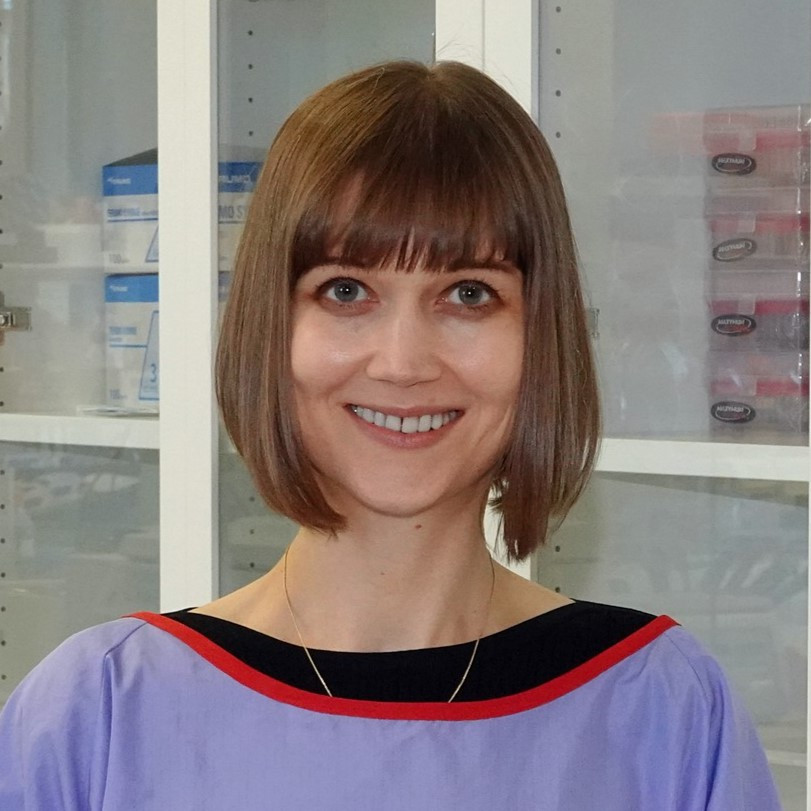
Funding: $50,000 A/Prof Hien Le Glioblastoma Research
Description: Advances in cancer therapy have extended life expectancy for stage 4 cancer patients, but brain metastases remain challenging. Traditional treatment involves surgery followed by a single dose of stereotactic radiotherapy (SRS). Preoperative SRS offers lower radiation exposure and fewer complications.
Research: This trial will compare a single preoperative SRS dose versus three smaller doses before surgery, evaluating cancer control, side effects, and quality of life to optimise patient outcomes.
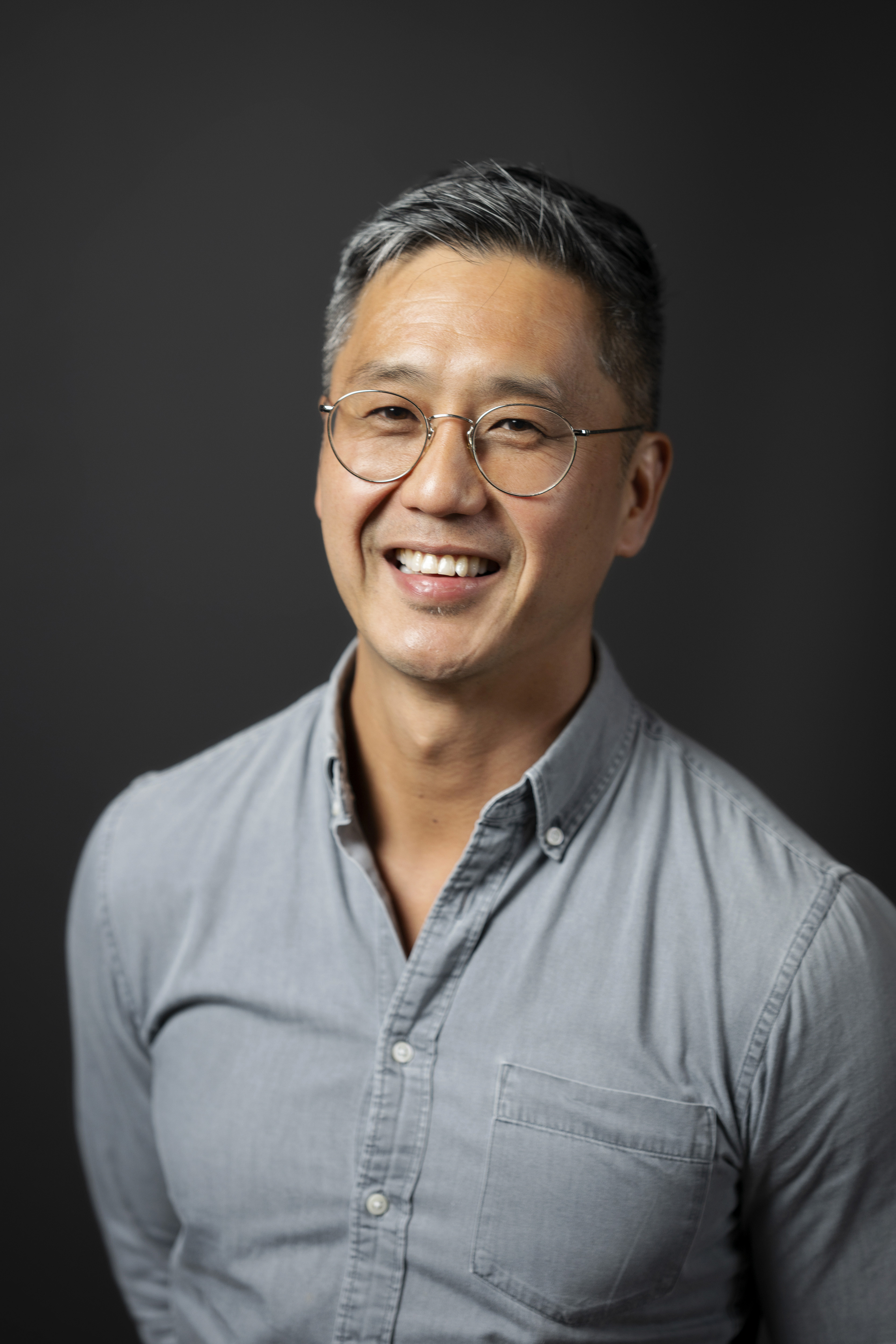
Funding: $50,000 Dr Manam Inushi De Silva & Prof Cedric Bardy, Low-Grade Gliomas
Description: Gliomas use long cellular protrusions to communicate with each other and the healthy brain microenvironment. This communication promotes tumour growth, migration, and evasion of therapy. The role of these microtubes in low-grade gliomas, which can progress to high-grade forms, remains unclear.
Research: The study will compare microtubes across glioma grades to understand their impact on tumour behavior and treatment resistance, aiming to develop targeted therapies that improve survival and quality of life.
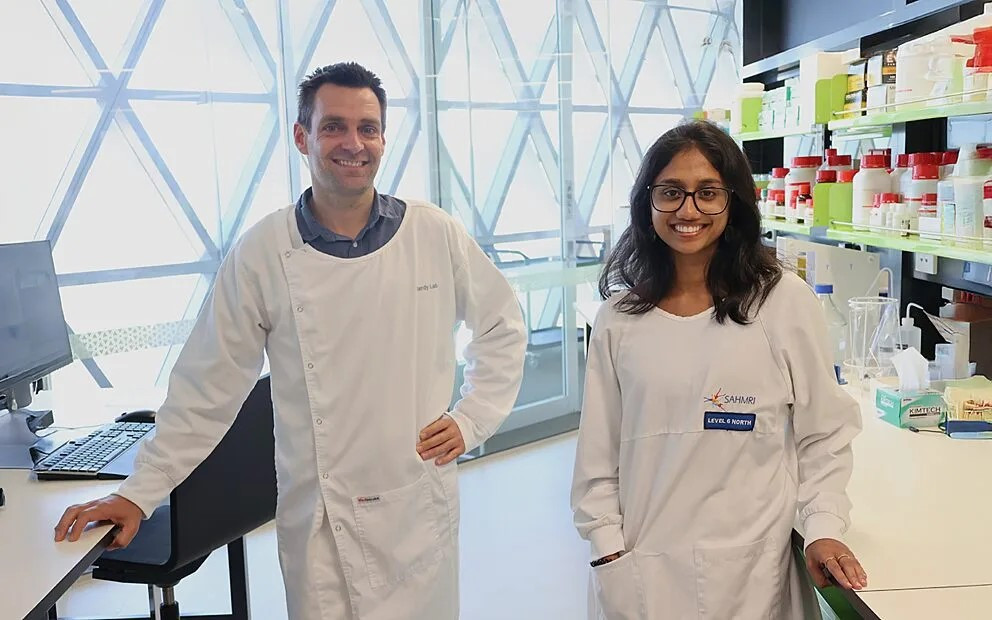
Funding: $50,000 A/Prof Lisa Ebert, Glioblastoma Research
Description: Glioblastoma is the deadliest form of brain cancer with largely ineffective treatments. A new therapy using CAR-T cells (“living drugs”) aims to maximise tumour entry.
Research: Blood vessels in short-term cultured fragments of glioblastoma tissue will be studied to determine factors allowing CAR-T cell entry. Therapy will then be engineered to exploit these gateways, enhancing treatment success.
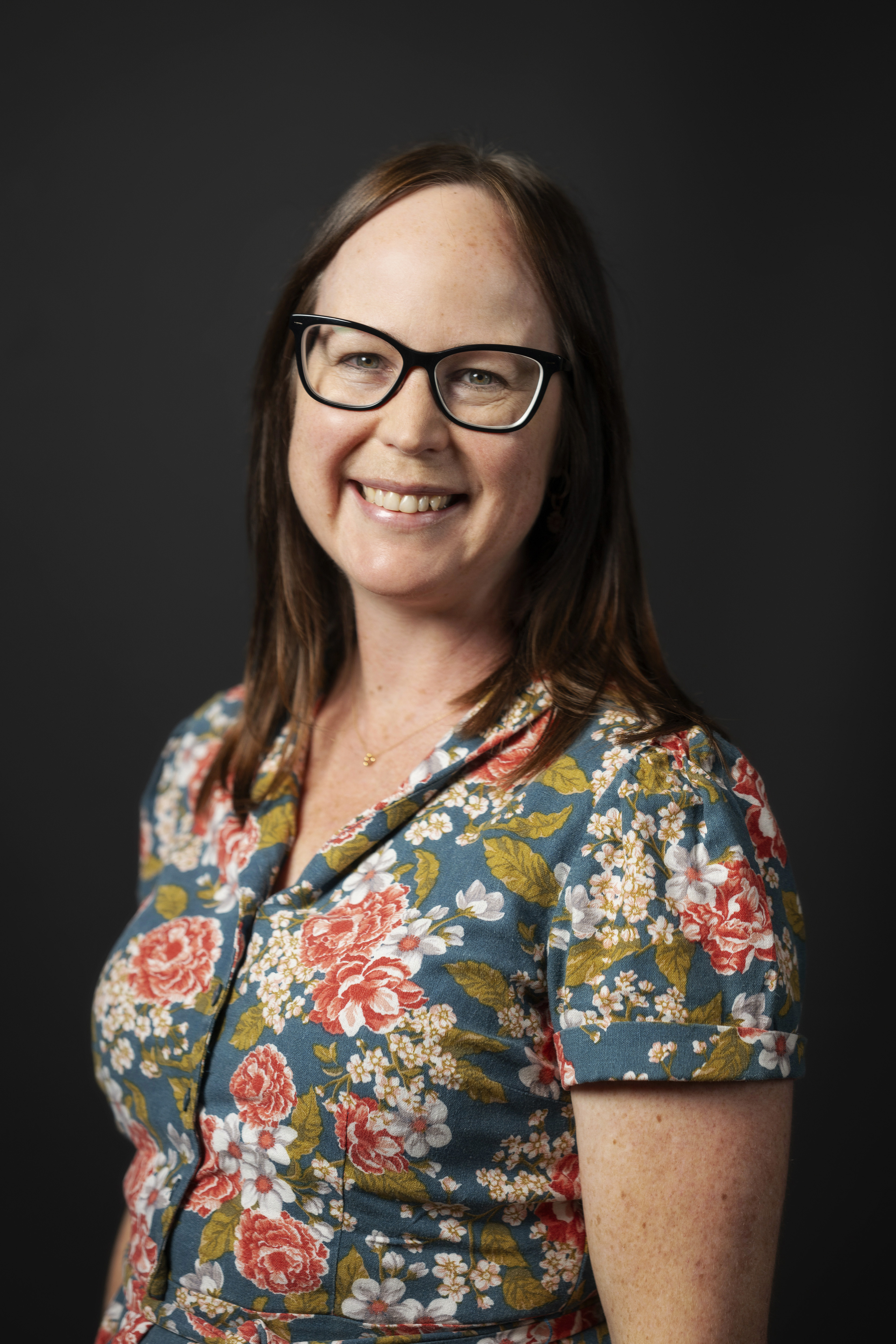
Funding: $50,000 Dr Briony Gliddon Supported by Munno Para Foodland
Description: Recurrent glioblastoma is resistant to current treatments and has a poor prognosis. This project will examine how glioblastoma evolves under therapy using patient-derived tumour cells obtained at diagnosis and recurrence.
Research: By comparing matched samples and integrating experimental models that mimic patient treatment, cellular and molecular changes driving recurrence will be mapped. The goal is to identify key therapy resistance mechanisms, informing strategies to prevent tumour relapse and improve outcomes.
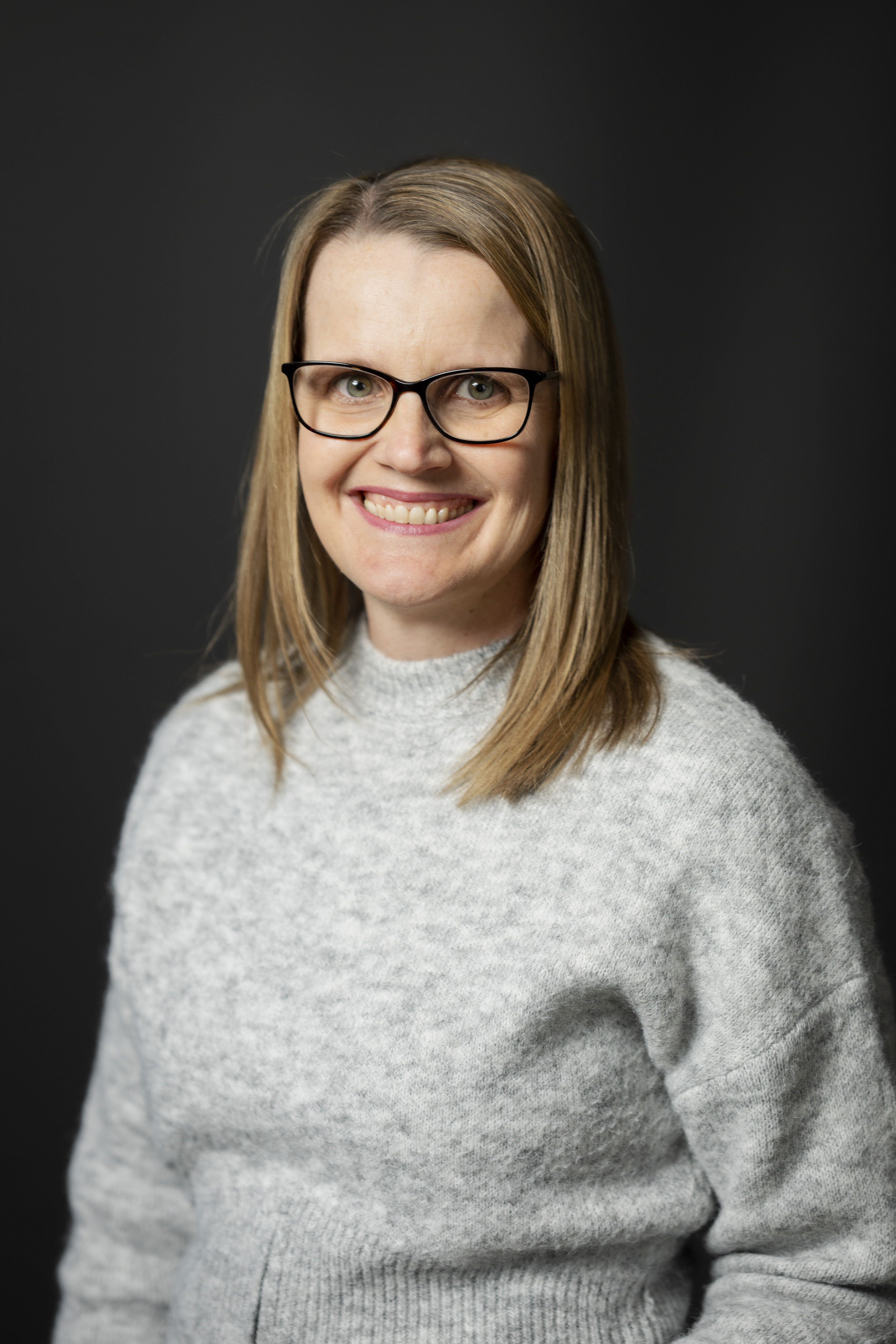
Funding: $50,000 Dr Chloe Shard In Mem John ‘Griff’ Griffen
Description: Glioblastoma often resists chemotherapy, radiotherapy, and immunotherapy. Tumour-specific ecosystems formed by blood vessel cells and immune myeloid cells drive tumour progression and suppress immune responses.
Research: Using advanced lab models and next-generation cell engineering, the project will study how these non-cancerous cells influence tumour behaviour and develop engineered immune cells capable of attacking glioblastoma. The outcomes aim to create therapies that overcome resistance and improve survival.
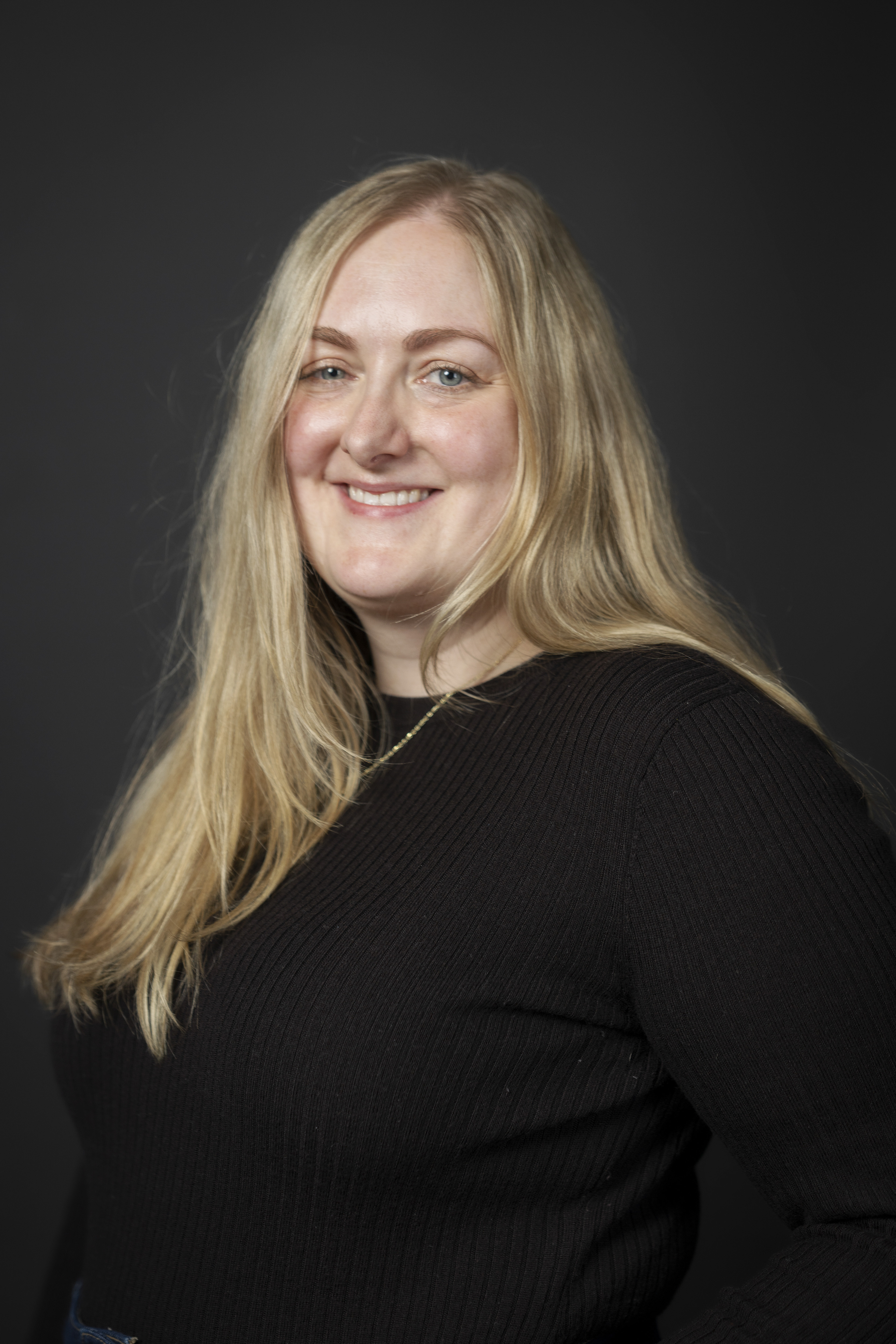
Funding: $50,000 Dr Nirmal Robinson Glioblastoma
Description: Glioblastoma is highly aggressive with poor survival rates. ROBO2, located at the invasive edge of tumours, regulates cancer spread and metabolism, and is controlled by CD47, a protein that helps tumours evade immune responses.
Research: This project will test whether blocking ROBO2, alone or combined with anti-CD47 therapy or mitochondrial inhibitors, can suppress tumour growth and improve survival, aiming to identify new therapeutic strategies.
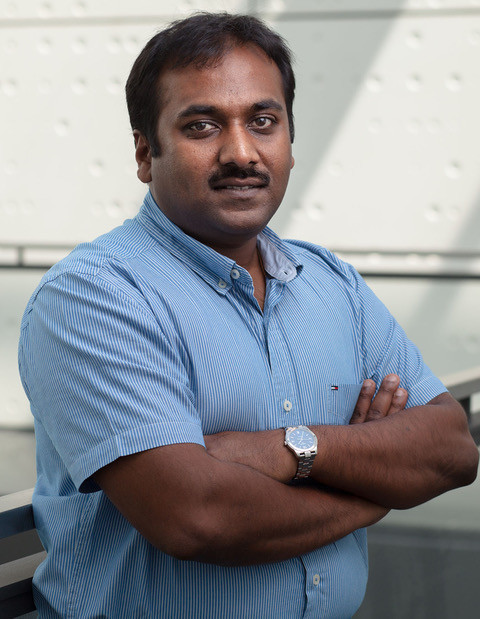
Funding: $50,000 Dr Nicole Wittwer In Mem Mark Weber
Description: CAR T-cell therapy uses engineered T-cells to destroy cancer cells, but brain tumours remain challenging to treat.
Research: This project will develop CAR T-cells that simultaneously target GD2 and FAP (on tumour cells and blood vessels), aiming to overcome treatment barriers, reduce toxicity, and improve outcomes for patients with brain malignancies.
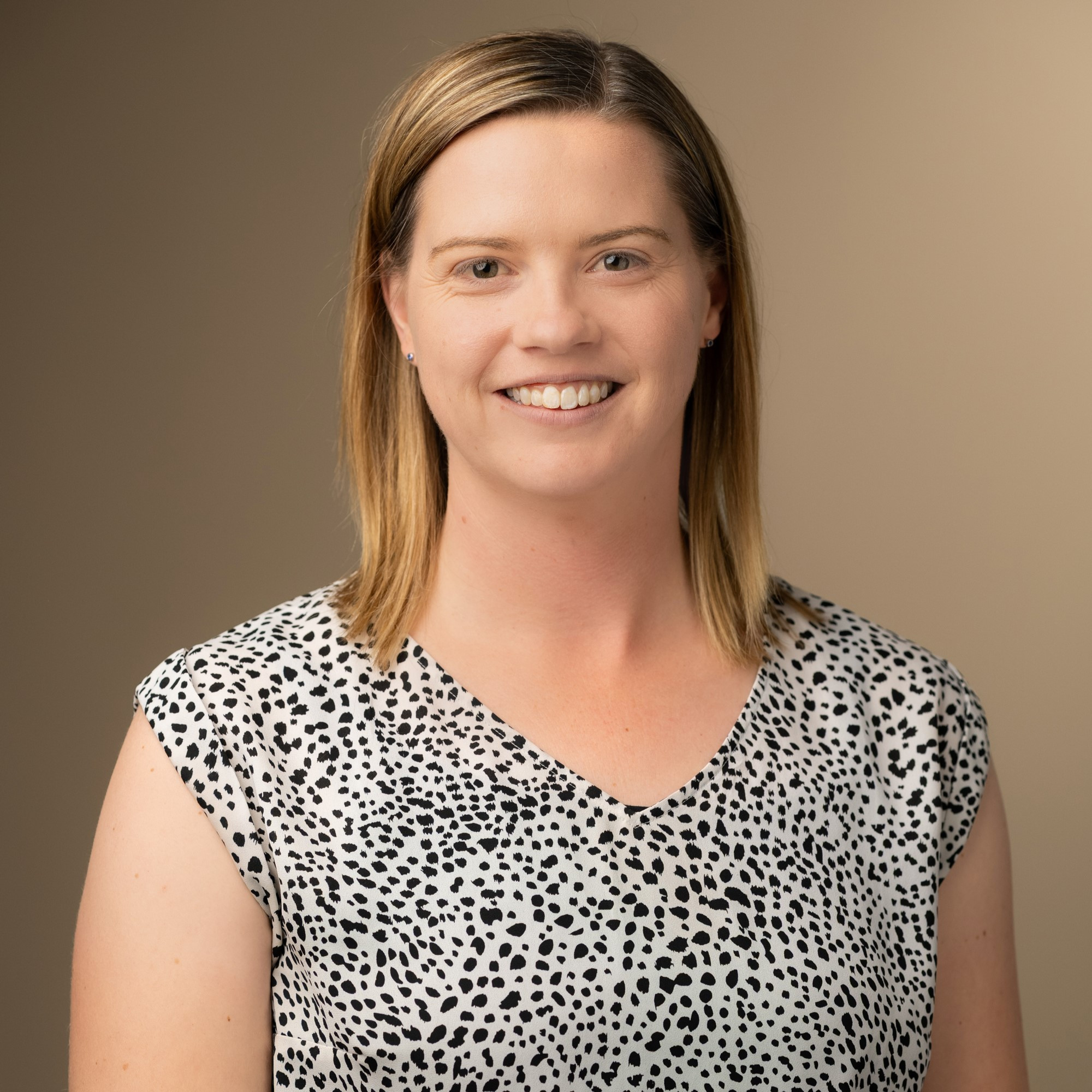
Funding: $50,000 Dr Olivia Morris Hanon In Mem Phil Matalone
Description: Glioblastoma recurs almost invariably despite aggressive treatment, causing seizures and cognitive or visual impairments. Tumour cells at the invasive edge connect with neurons via GABA and gangliosides, enabling survival.
Research: This project will investigate glioma–neuron connections and evaluate strategies to disrupt them, providing a foundation for more effective therapies.
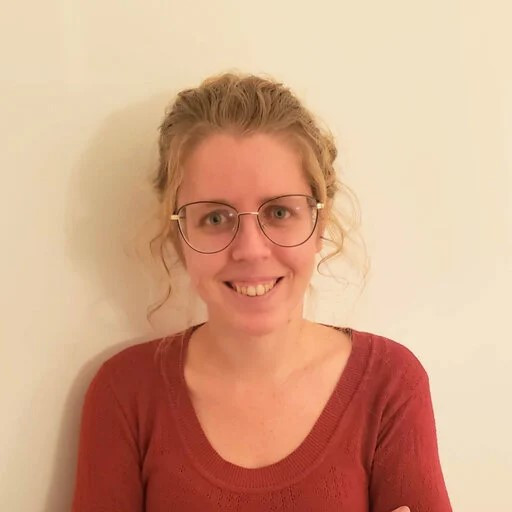
Funding: $42,000 Assoc Prof Pascal Duijf
Description: This project aims to map glioblastoma at unprecedented resolution using AI trained on protein-stained tumour samples to identify 20 distinct cell types.
Research: Mapping cancer and immune cell organisation within the tumour microenvironment will improve diagnosis, guide treatment, reveal therapy resistance, and support future large-scale studies.
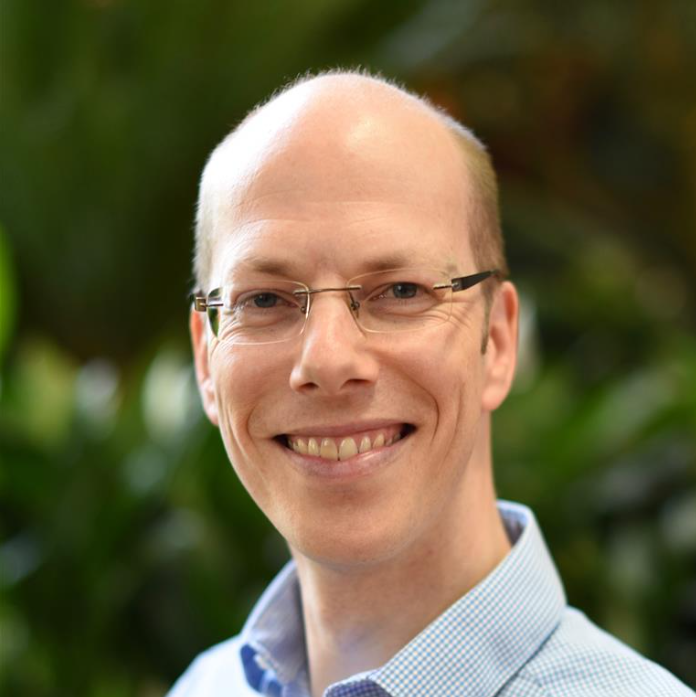
Funding: $30,740 In Memory of Elise Ross
Lead Researcher: Prof. Stuart Pitson
Description: Glioblastoma is highly invasive and heterogeneous, with complex interactions between tumour cells and the immune system. Current mouse models fail to fully replicate these human characteristics, limiting the translation of research into effective therapies.
Research / Proposed Approach: Develop humanized mouse models that: produce human immune cells and harbor brain tumours derived from patient glioblastoma cells. These models will allow researchers to study immune interactions and test therapies more effectively.
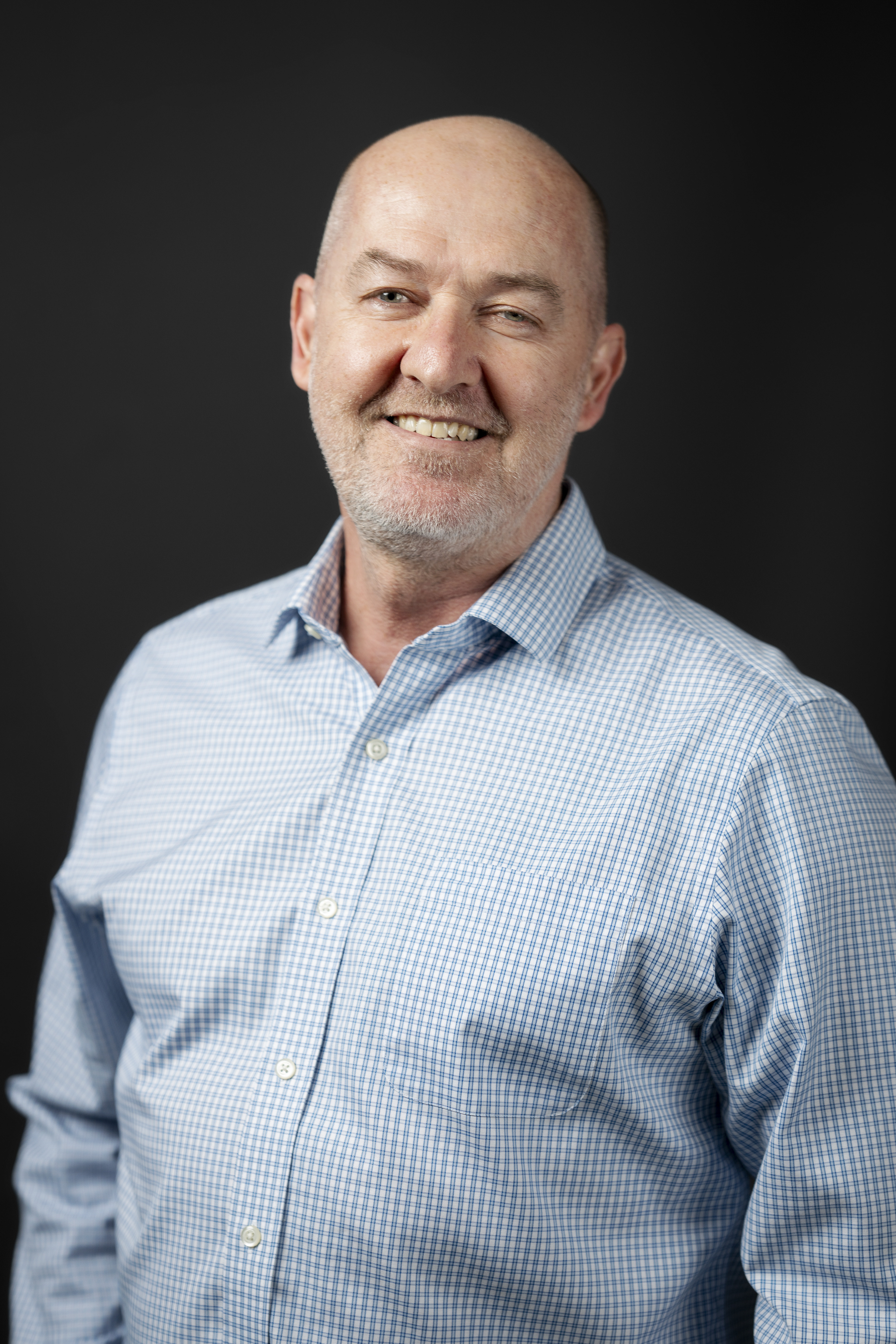
Funding: $100,000 (James & Diana Ramsay Foundation)
Lead Researcher: Dr. Lisa Ebert
Description: CAR-T cell therapy is a promising form of immunotherapy in which a patient’s own T cells are genetically engineered to target and destroy cancer cells. This “living drug” approach offers a more precise alternative to chemotherapy and radiation, reducing harm to healthy tissue. This project focuses on adapting CAR-T therapies to treat aggressive brain cancers, including glioblastoma and diffuse intrinsic pontine glioma (DIPG).
Research / Proposed Approach:
Develop CAR-T therapies by:
Isolating T cells from patients
Engineering them to target brain cancer cells
Testing and optimizing the therapies in laboratory models
Conducting clinical trials, including the LEVI’S-CATCH trial at Sydney Children’s Hospital

Research 2024/2025:
Funding: $200,000 over 3 years (2024–2026) – Fay Fuller Foundation, UniSA & NRF
Lead Researcher: Professor Stuart Pitson
Description:
This project aims to develop a new method for delivering anti-cancer drugs to brain tumours, with a focus on glioblastoma (GBM). Researchers will test the effectiveness of three drugs across diverse GBM cell types, evaluate whether an immune-modulating drug can help these drugs cross the blood-brain barrier, and assess the effects of combinational therapy in pre-clinical models. Successful outcomes will be of direct relevance to treatment of other brain tumour types and have the potential for rapid translation to clinical trials.
Research / Proposed Approach:
Test effectiveness of three anti-cancer drugs across diverse GBM cell types
Evaluate immune-modulating drug to aid delivery across the blood-brain barrier
Assess combinational therapy in pre-clinical models
Investigate applicability to other brain tumour types for rapid clinical translation

Funding: $75,000 over 3 years (2023–2025) – Wilkins Family Foundation, Sandy & Michael Wilkins
Lead Researchers: Dr Briony Gliddon, Professor Stuart Pitson & Dr Melanie Tea
Description:
This project will create a living paediatric brain cancer biobank using tumour samples to develop cell lines, organoids, and advanced preclinical models. Focusing on malignant paediatric brain tumours, the biobank will facilitate better understanding of tumour growth and treatment resistance, enabling the discovery and evaluation of new therapies.
Research / Proposed Approach:
Establish a paediatric brain cancer biobank from tumour samples
Develop cell lines, organoids, and preclinical models
Investigate tumour growth and treatment resistance mechanisms
Enable discovery and testing of new therapeutic approaches


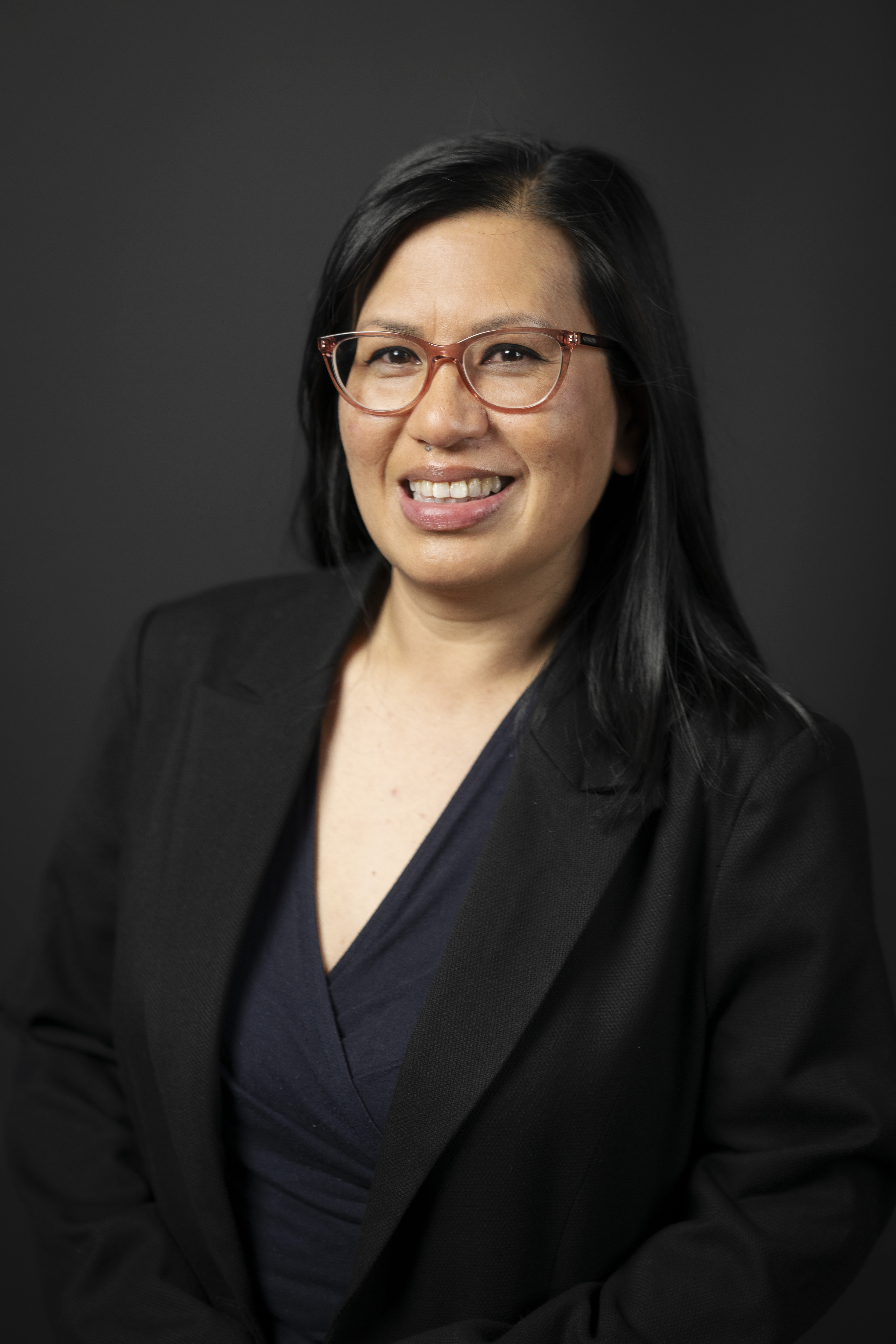
Funding: $20,000 – Nick & Elise Ross, James & Diana Ramsay Foundation
Lead Researcher: Professor Stuart Pitson
Description:
This project will develop superior preclinical models of glioblastoma that closely reflect key features of the disease—tumour invasiveness, heterogeneity, immune microenvironment, and an intact blood-brain barrier. Using models that produce human immune cells and incorporate patient-derived tumours will improve the clinical relevance of research and speed up the development of more effective treatments.
Research / Proposed Approach:
Develop advanced glioblastoma models reflecting disease complexity
Incorporate tumour invasiveness, heterogeneity, immune microenvironment, and blood-brain barrier integrity
Use models with human immune cell production and patient-derived tumours
Enhance clinical relevance and accelerate therapeutic development

Funding: $50,000
Lead Researcher: Dr Melanie Tea
Description:
The survival rate for glioblastoma has barely improved due to limited treatment options. Despite aggressive treatment, and irrespective of initial response to standard therapy, most patients succumb to the disease due to recurrence of the primary tumour through mechanisms of resistance. This proposal aims to identify specific mechanisms by which these complex tumours develop resistance to existing therapies and to develop clinically relevant models to assess approaches to overcome these mechanisms.
Research / Proposed Approach:
Investigate mechanisms of resistance in recurrent glioblastoma
Develop clinically relevant models of recurrent disease
Assess therapeutic strategies to overcome treatment resistance
Support the development of more effective therapies for recurrent glioblastoma

Funding: $50,000
Lead Researcher: Dr Briony Gliddon
Project Sponsor: Munno Para Foodland
Description:
This project investigates SK2, an enzyme hyperactivated in glioblastoma and linked to poor outcomes. Using SK2 inhibitors—one already in Phase II trials for other cancers—researchers will evaluate their effectiveness in advanced preclinical models. If successful, this work could fast-track SK2-targeted therapies into Phase II clinical trials for glioblastoma patients.
Research / Proposed Approach:
Investigate the role of SK2 in glioblastoma progression
Evaluate SK2 inhibitors in advanced preclinical models
Leverage existing clinical progress of SK2 inhibitors in other cancers
Enable rapid progression of SK2-targeted therapies to clinical trials

Funding: $50,000
Lead Researcher: Kaitlin Scheer
Description:
This project uses patient-derived glioblastoma organoids (GBOs) to study tumour variability and identify biomarkers linked to aggressive disease. Variable growth rates from patient-derived GBOs matched differences in patient survival, and PDLIM4 was identified as a key marker in fast-growing tumours. This study will explore PDLIM4 as a potential therapeutic target for treating highly aggressive glioblastoma.
Research / Proposed Approach:
Use patient-derived GBOs to analyze tumour growth variability
Identify biomarkers associated with aggressive glioblastoma
Investigate PDLIM4 as a therapeutic target for fast-growing tumours
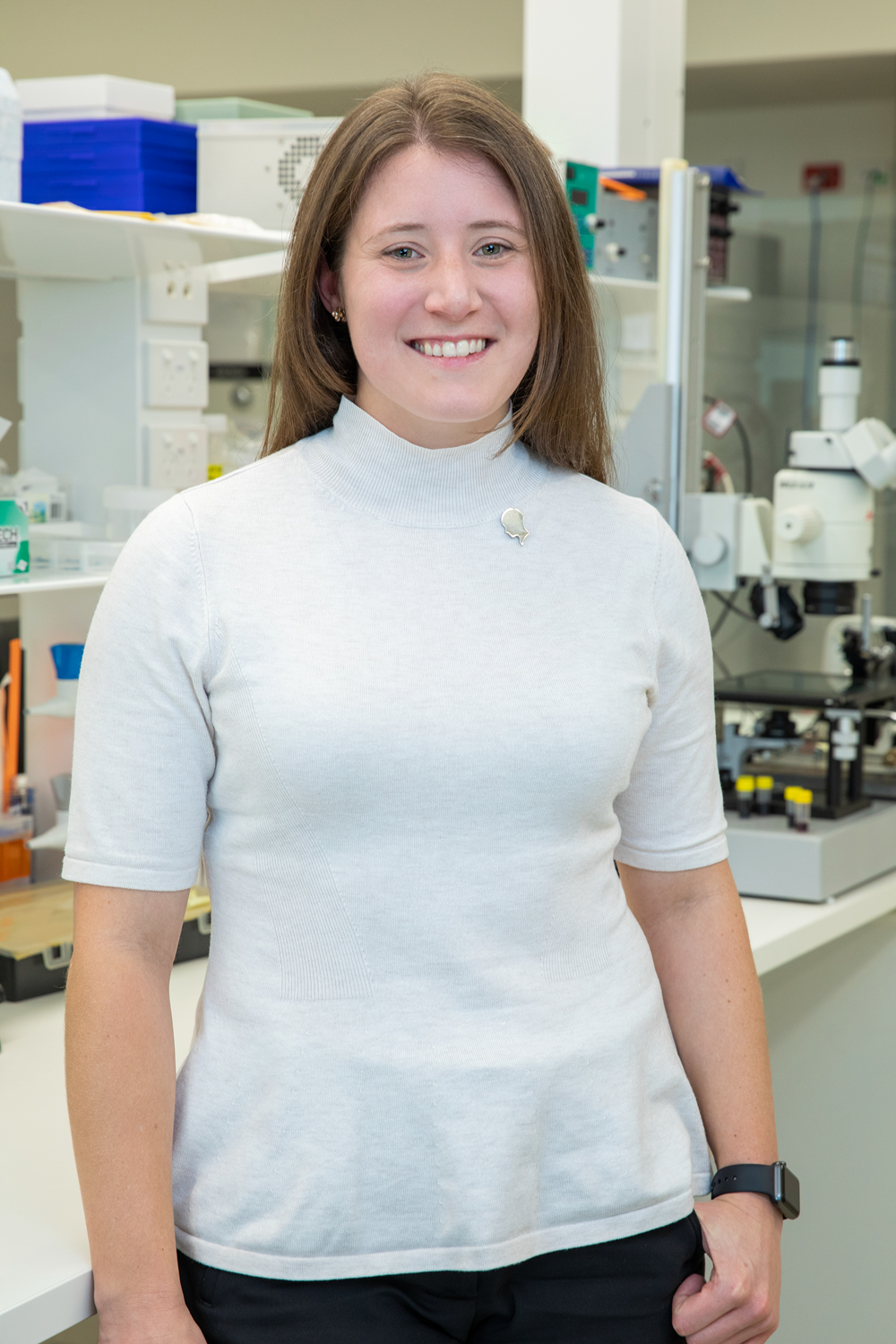
Funding: $49,927
Lead Researcher: Dr Nirmal Robinson
Description:
Glioblastoma (GBM) cells evade immune attack by producing the ‘don’t eat me’ signal CD47. A breakthrough discovery showed that GBM cells lacking CD47 increase cysteine import and metabolism as a survival mechanism. This project proposes preclinical evaluation of a new treatment combining the targeting of CD47 and cysteine metabolism using clinically ready drugs.
Research / Proposed Approach:
Study GBM immune evasion via CD47
Investigate cysteine metabolism as a survival mechanism in CD47-deficient cells
Preclinically evaluate combined targeting of CD47 and cysteine metabolism
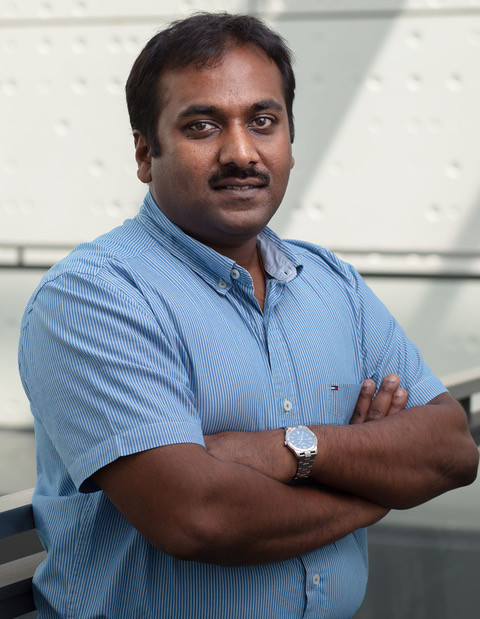
Funding: $48,332
Lead Researcher: Associate Professor Pascal Duijf
Description:
About 83% of glioblastomas have extra copies of many or all 1,165 genes on chromosome 7. Candidate drugs have been identified that may eradicate glioblastoma cells with these genetic abnormalities. This project will create new ‘isogenic’ cell models to test candidate drugs alongside patient-derived glioblastoma models.
Research / Proposed Approach:
Study glioblastoma genetic abnormalities on chromosome 7
Develop isogenic cell models for drug testing
Evaluate candidate drugs in isogenic and patient-derived models
RESEARCHER: Dr Iman Lohraseb
FUNDING: $50,000
PROJECT: Analysing over 80 million experimental data points from genome-wide CRISPR, RNAi and drug screens involving 6,658 drugs, we identified three strong candidate drugs that could benefit 88% of glioblastoma patients. We will create 'isogenic' glioblastoma cell lines without the genetic drug targets and test our drugs on these 'isogenic' cell models and on primary glioblastoma patient-derived cells.
RESEARCHER: Dr Sidra Khan
FUNDING: $50,000 – NRF Personnel Grant
In Memory of Chris Thornton
PROJECT: Supporting Adult and Pediatric Phase 1 Study of Autologous GD2-Specific CAR T Cell Therapy in Recurrent GD2-positive Glioblastoma Multiforme: Ongoing Assessment and Dose Escalation Trial.
RESEARCHERS: Dr Marguerite Harding
FUNDING: $50,000
PROJECT: This project will study hormone receptor expression in meningiomas to better understand risk factors, disease progression and outcomes, laying the foundation for new tools and models to identify new targets for adjuvant hormone-based therapies.
Funding: $50,000 – NRF Personnel Grant
Lead Researcher: Bree Hodgson
In Memory of: Dustin “Dusty” Turner
Description:
This role will strengthen the SA Neurological Tumour Bank by providing tailored support for individual projects, ensuring uninterrupted specimen collection, and reducing delays in data access—critical for enhancing research efficiency and impact.
Research / Proposed Approach:
Support specimen collection and management
Facilitate timely data access for research projects
Improve operational efficiency of the tumour bank
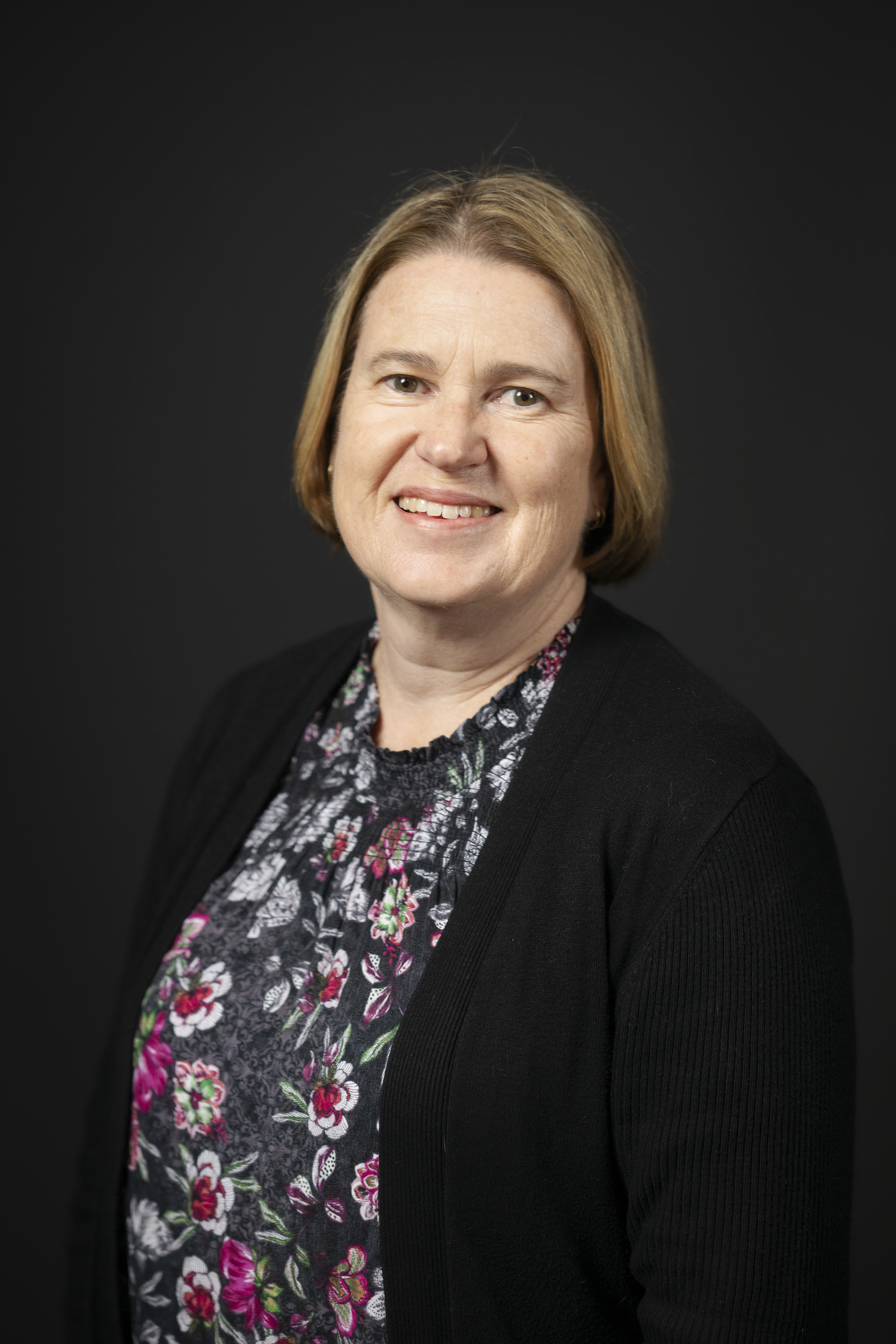
Funding: $30,000 – Adelaide Crows Foundation
Lead Researchers: Professor Quentan Schwarz & Professor Stuart Pitson
In Memory of: Jed McDonald
Description:
Research utilising advanced cell modelling to identify early biological changes driving tumour development in children. Members of the Adelaide Crows Foundation team visited the University of Adelaide’s Centre for Cancer Biology to learn about this cutting-edge research.
Research / Proposed Approach:
Use advanced cell models to study early tumour biology in children
Identify key biological changes driving tumour development
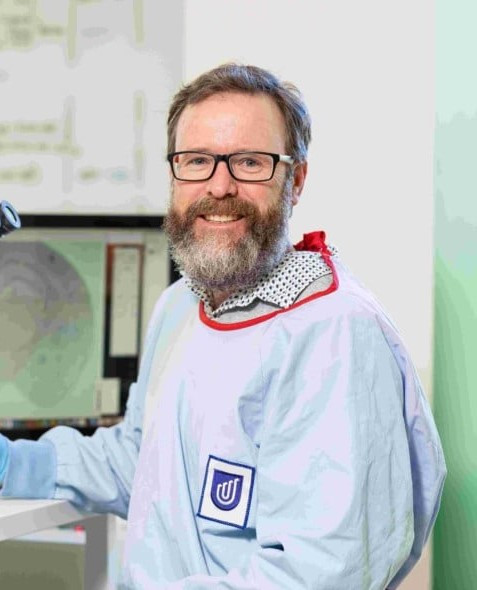
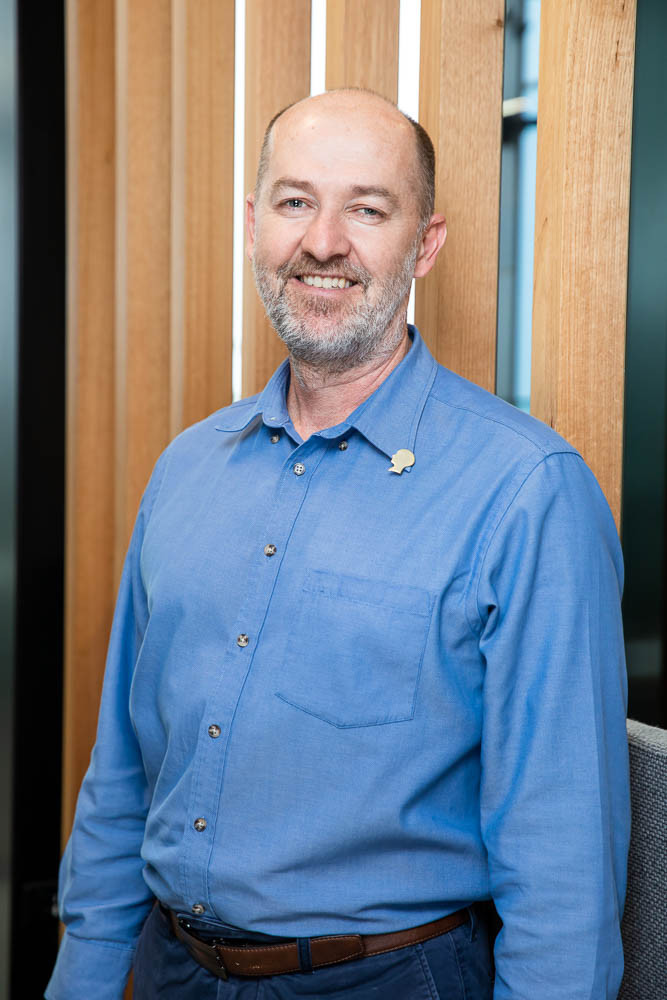
Funding: $375,000 over 3 years (2024/25–2026/27)
Funding Partners: SA Health ($100,000 p.a.), NRF ($20,000 p.a.)
Description:
Welcoming Hayley Henley as South Australia’s first-ever Statewide Brain Cancer Nurse Consultant. Supported by $375,000 in funding, Hayley has already assisted over 75 families in six months, underscoring the urgent need for this role.
Research / Proposed Approach:
Provide statewide support to brain cancer patients and families
Facilitate coordination of care and access to resources
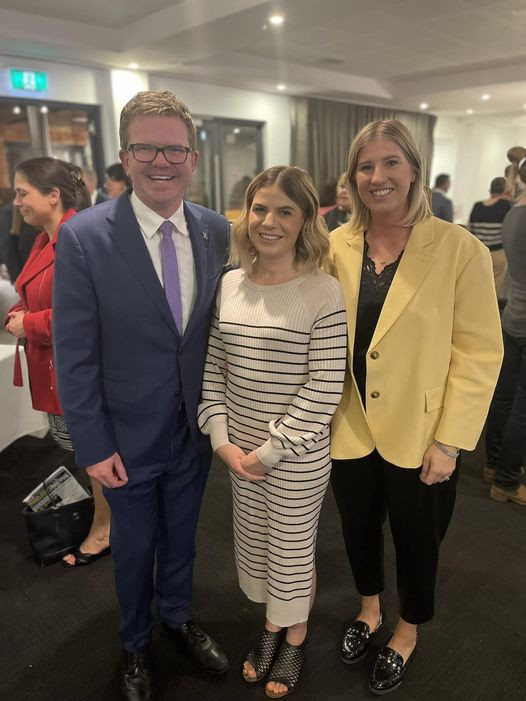
Funding: $20,000 – Sovereign Hospitaller Order of Saint John, Knight of Malta
Description:
Supported the SA Neurological Tumour Bank and enabled Dr Morris-Hannon to complete advanced training in brain tumour imaging techniques in the USA and Germany. Training included correlative temporal multi-omic analysis of patient-derived brain tumour organoids, enhancing South Australia’s research capacity.
Research / Proposed Approach:
Advanced training in cutting-edge brain tumour imaging
Apply multi-omic analysis to patient-derived brain tumour organoids
Strengthen local research expertise and treatment development
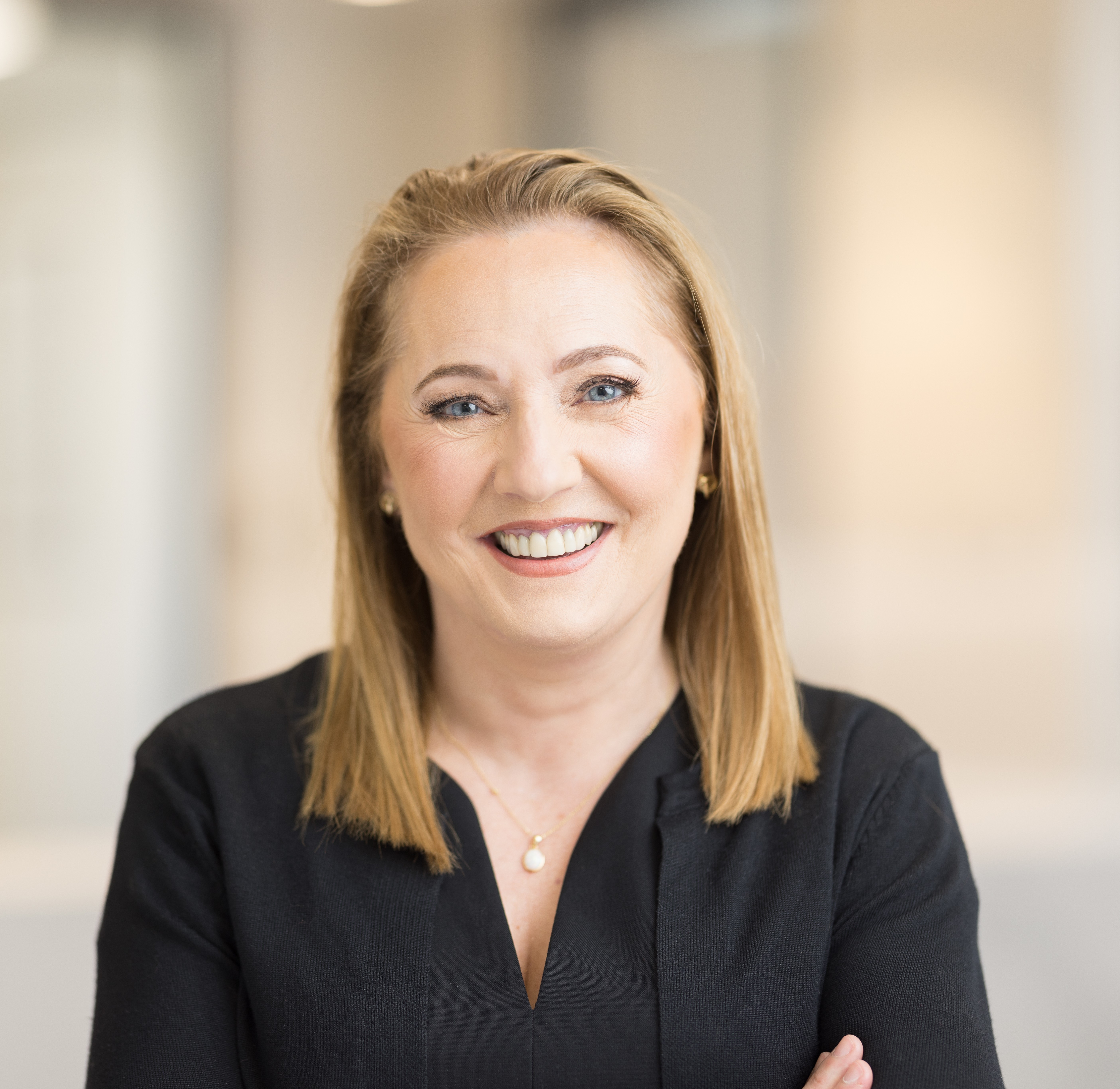
Funding: $100,000 – Cherry Auction – Brain Tumour + PCR machine equipment
Lead Researcher: Professor Stuart Pitson
Description:
Thanks to the SA Produce Market and community supporters, including Donna Mercurio crowned 2024 Cherry Queen with a record $85,000 bid, plus additional contributions, this funding supports personalised therapies for recurrent brain tumours and the purchase of a PCR machine to study genetic mutations driving tumour growth.
Research / Proposed Approach:
Develop personalised therapies for recurrent brain tumours
Use PCR technology to study tumour-driving genetic mutations
